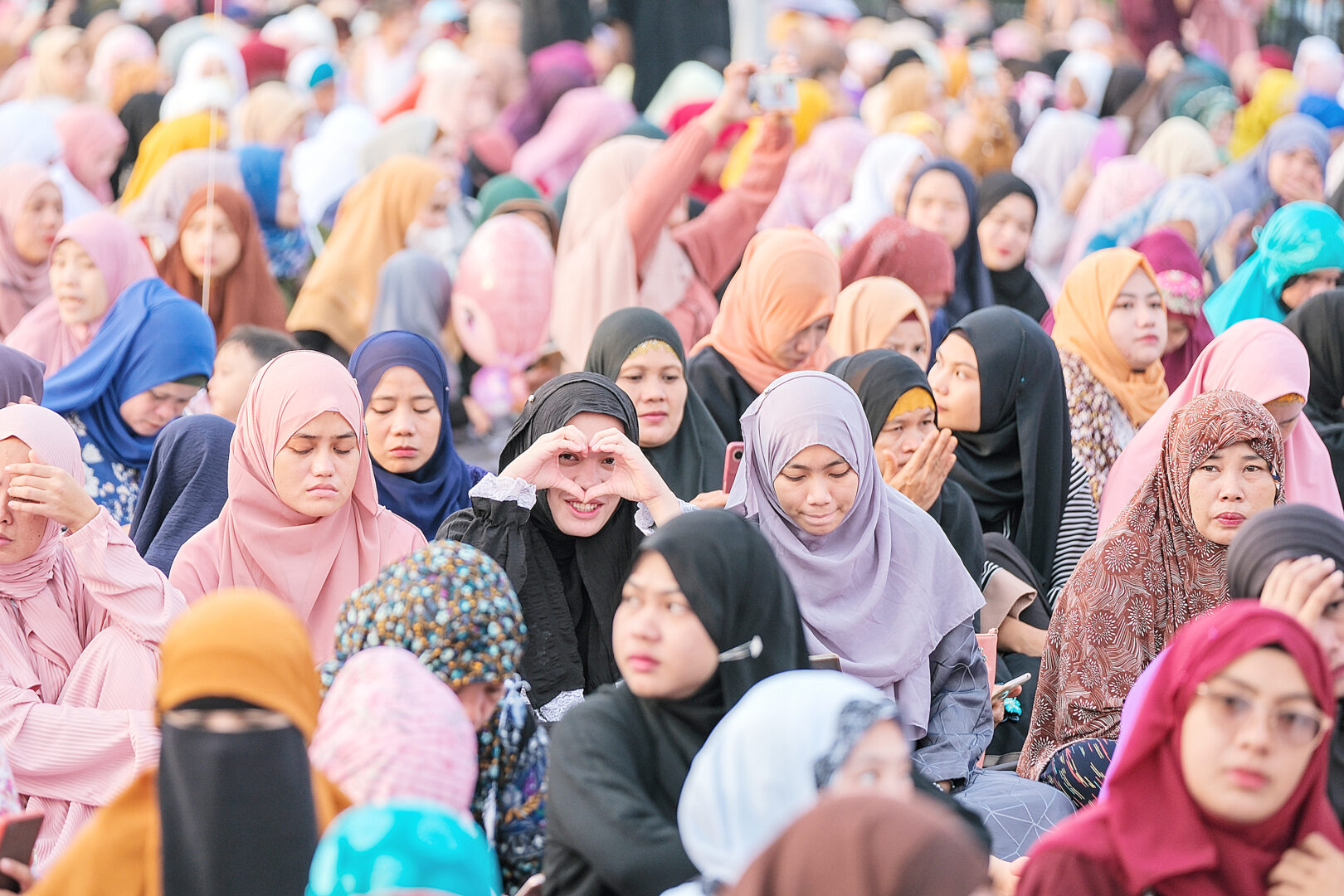International Peace Day, observed annually every 21st of September, is a solemn reminder of the collective commitment to peace and harmony among nations.
Established by the United Nations in 1981 and officially celebrated since 1982, this day calls for worldwide ceasefires, non-violence, and peaceful dialogue. The essence of International Peace Day is to reflect upon the value of peace, promote its importance, and seek sustainable solutions to the myriad conflicts that persist across the globe.

The origins of International Peace Day can be traced back to the tireless efforts of the United Nations and its visionary diplomats. In 1981, the United Nations General Assembly declared 21st September as the International Day of Peace, a day to encourage both combatants and nations to observe ceasefires and end hostilities, even if only for one day.

This period of non-violence allows humanitarian aid to reach affected populations, facilitates peace negotiations, and highlights the critical importance of diplomacy in resolving conflicts.
While International Peace Day is a powerful symbol of hope and solidarity, achieving lasting peace remains a complex and ongoing challenge. Conflict, violence and injustice persist in various parts of the world. Therefore, it is imperative to recognize that peace is not merely the absence of war but the presence of justice, equality and respect for human rights.

International Peace Day, without saying it, is a poignant reminder of humanity’s shared responsibility to promote and preserve peace. It calls upon individuals and nations to set aside their differences and work together to create a world where violence is replaced with dialogue, conflict with cooperation, and hatred with understanding.

While the path to global peace is challenging and multifaceted, this annual observance offers hope and inspires action toward a more peaceful, just, and harmonious world for all.
At the local front, Philippine peace advocates celebrate National Peace Consciousness Month with the theme “Kapayapaan: Responsibilidad ng Bawat Mamamayan.”
The Office of the Presidential Adviser on Peace, Reconciliation and Unity, or OPAPRU, lauds countless individuals and organizations working hard to help the national government promote a culture of peace and harmony.
On this day and every day, let us recommit ourselves to the pursuit of peace, not as a distant dream, but as an achievable and essential reality.
